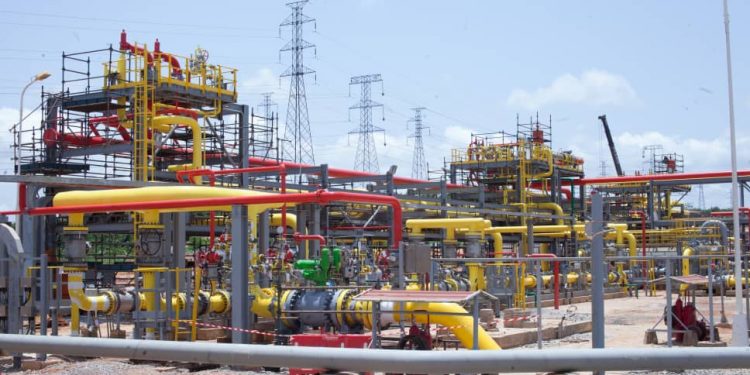Gas remains critical for African economies despite the global push to end investments in fossil fuels as the world transitions to cleaner fuels, African Development Bank (AfDB) president Akinwumi Adesina has said.
Adesina, a Nigerian economist, said that Africa, where around 600 million people are without access to electricity, is still trying to build just energy systems.
The bank is one of the backers of Total’s US$20 billion Mozambique liquefied natural gas project.
Adesina said despite increased investments and access to electricity, particularly from renewables, there were limits with the currently available technologies because Africa needed steady power supply to grids and stable baseload for industries.
“Therefore, gas is fundamental to Africa’s economic survival. I see gas as an important part of Africa’s energy mix,” Adesina told Reuters on the sidelines of the United Nations climate summit in Glasgow, Scotland.
Several African countries including Nigeria, Ghana, Senegal, Ivory Coast, and Mozambique are dependent on oil and gas, and are counting on recent discoveries not only to boost revenues, but also to provide steady gas-fired generation.
“Even if Africa triples its use of gas to generate electricity, it will only contribute to only 0.67% of total global greenhouse gas emissions. Without gas, Africa’s economies will be killed,” Adesina said.
He added that the bank had made a decision to no longer fund coal projects.
“A week ago, our board approved our new policy. No more coal. However, we will support Africa to have a stable energy system, and gas is critical to that,” he said, adding that gas will prevent deforestation as a bulk of the population in the continent still depend on wood fuel and charcoal.







